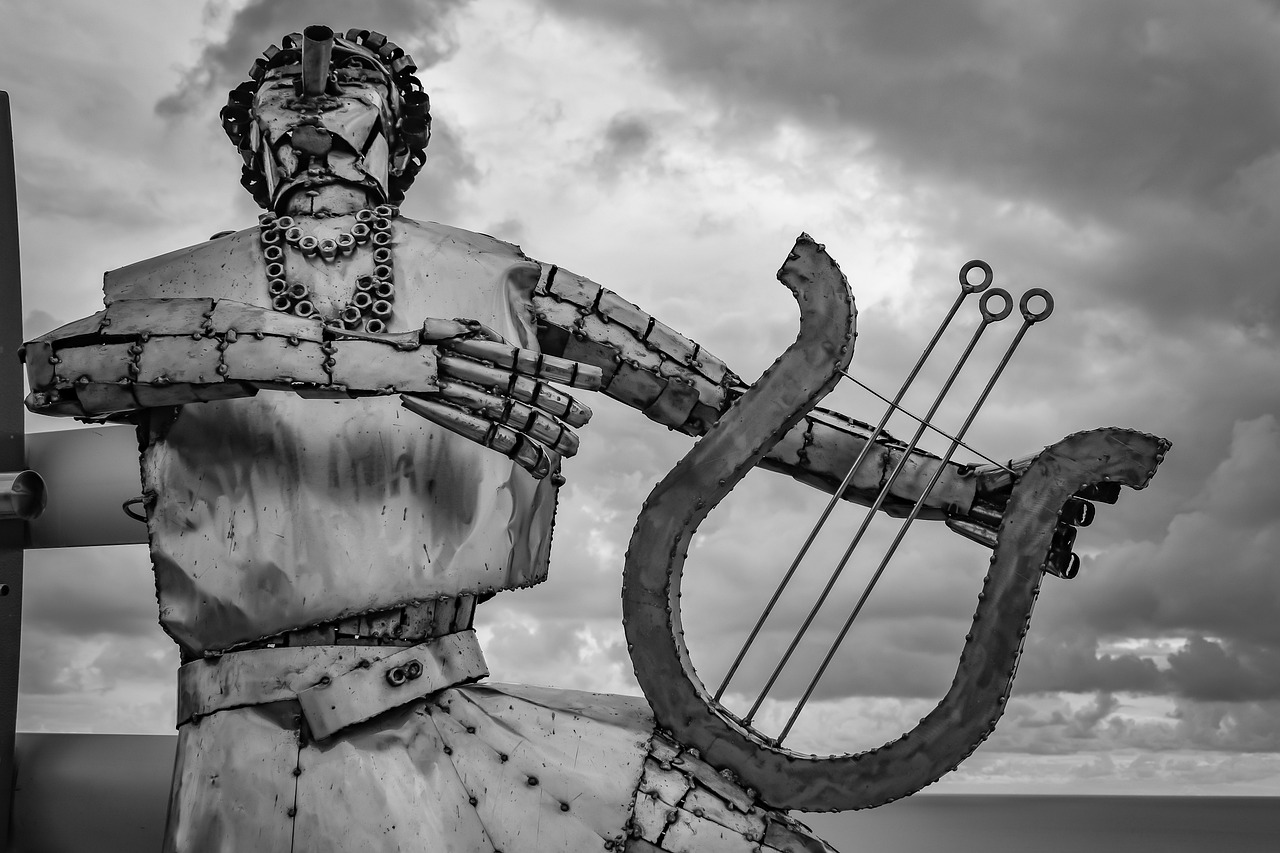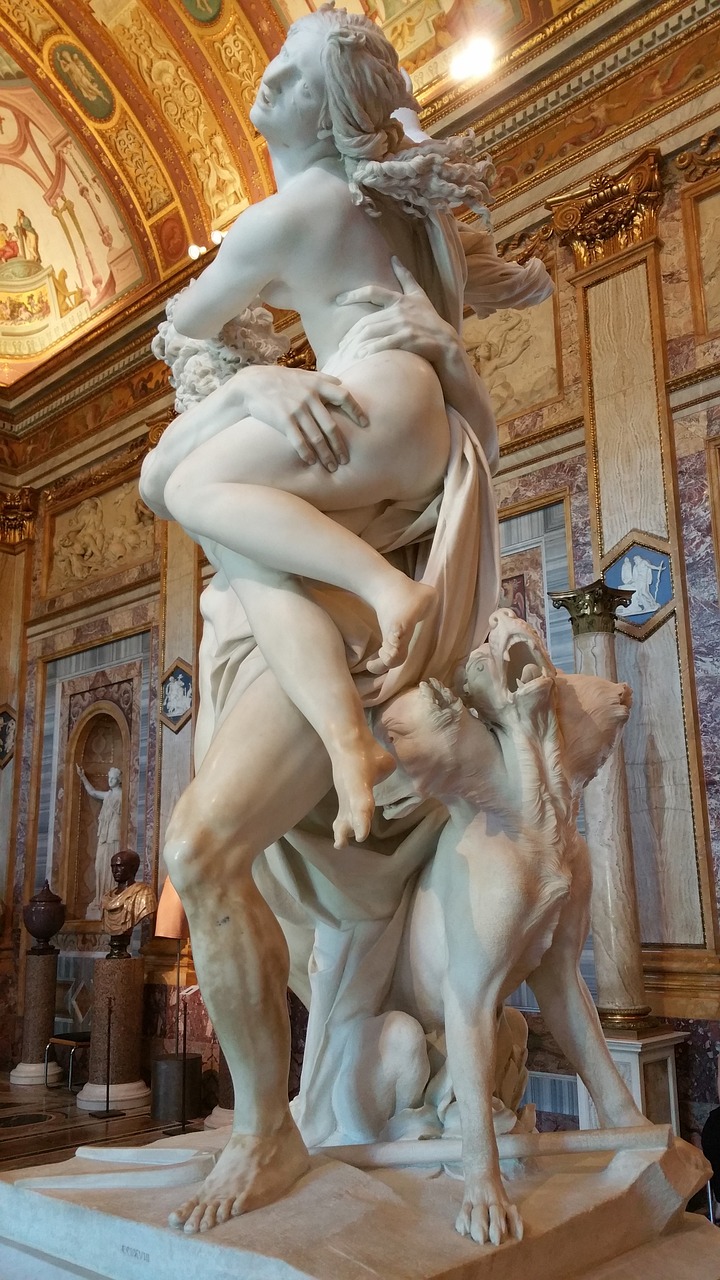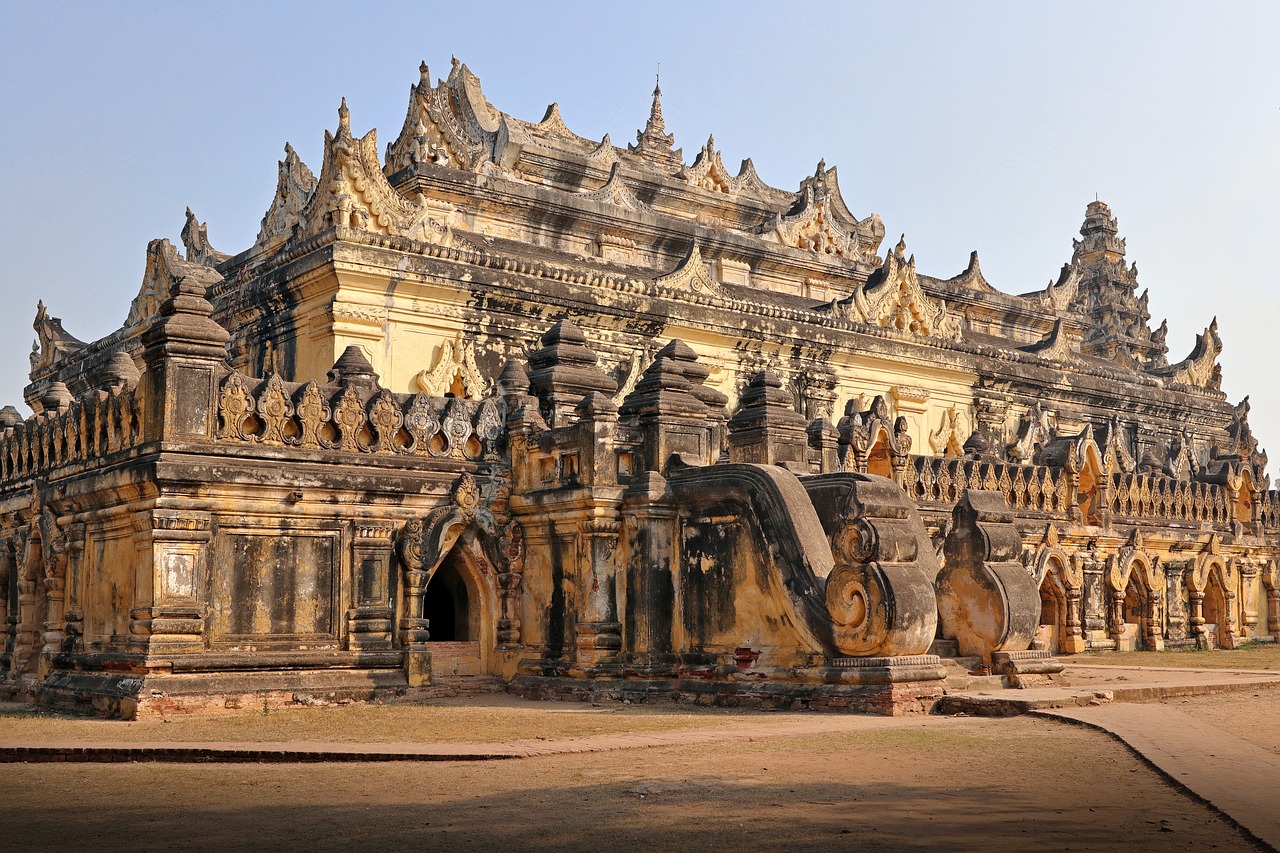Mythology
-

This week features a dual episode where Isaac Roberts and Patrick Brewer delve into the significant role of one of the most crucial Hellenic deities in Rome—Apollo. How did a Greek god manage to integrate into Roman traditions? Let’s examine Apollo’s representation in Rome, both in terms of physical structures and conceptual significance. The concept…
-
Ladies and gentlemen, history enthusiasts, and curious collectors, come together as I narrate my encounter with the Discoveries Egyptian Imports Authentic Miniature Statue, which brought the captivating presence of the Hippo Goddess Taweret into my life—albeit in a compact form! From small wonders to the enchantment of the ancients, let’s explore the realm of miniature…
-

The Abduction of Proserpina: A Roman Interpretation Greek and Roman Names – Greek: Περσεφονη (Persephonê) – Roman: Proserpina – Underworld Gods: Ἁιδης (Hades) / Pluto, Dis The tale of the abduction of Proserpina, known as “The Rape of Proserpina,” offers a Roman perspective on the story of Proserpina, the goddess of spring, who was abducted…
-

Bacchus: The Enigmatic God of Wine An Introduction to Bacchus Bacchus is widely celebrated as the god of wine, fertility, and merriment, enthralling generations with his myths and allure. This deity’s stories are deeply rooted in ancient culture, and his influence continues to echo through time. Let’s explore the rich tapestry of Bacchus and reveal…
-

The tale of Orpheus and Eurydice stands as a profound tragedy in the realm of love stories. Renowned as one of the most celebrated Greek myths, it has inspired legendary artists such as Peter Paul Rubens and Nicolas Poussin. This enduring narrative has also been reimagined in various operas, songs, and theatrical performances that honor…
-
In the realm of Irish mythology, Balor, often depicted as a colossal figure, serves as the tyrannical head of the Fomorians, a race of supernatural beings. His most notorious feature is a single eye that unleashes devastation upon being opened. The narrative illustrating his demise at the hands of his grandson, Lugh, has remained central…
-

Mazu, like many deities within the Chinese pantheon, was once an ordinary individual who was elevated to divinity after her demise. Her legacy is significant, so much so that she has been inscribed on the UNESCO list of intangible cultural heritage. However, referring to her solely as a Chinese goddess may be a point of…
-
Mazu, like many deities in Chinese culture, was originally an ordinary person who was elevated to divine status posthumously. Her influence endures impressively, as she is recognized on UNESCO’s list of intangible cultural heritage. However, labeling her strictly as a Chinese goddess can be contentious, particularly considering her significant impact in Taiwan. The Significance of…
-

Mazu, like many deities from Chinese mythology, was once a regular person who was elevated to divine status following her demise. Her enduring legacy is significant enough to earn her a place on UNESCO’s list of intangible cultural heritage. While she is often referred to as a Chinese goddess, her influence appears to be especially…
-

Overview Mazu (媽祖), revered in Chinese mythology as the goddess of the sea, shares a close association with the goddess of mercy, Guanyin (觀音). Recognized as the protector of sailors, fishermen, and travelers, Mazu holds a special place in the hearts of communities along the Southern Chinese coasts, particularly in regions such as Fujian and…


